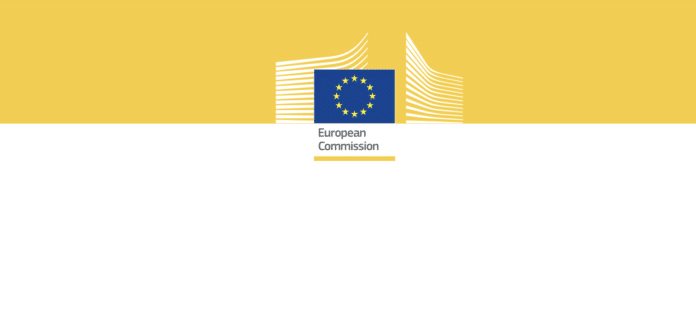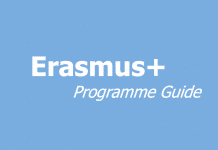Erasmus+ Programme: Nurturing Growth and Citizenship
According to Regulation (EU) 2021/817, the Erasmus+ Programme serves as a pivotal instrument for fostering the educational, professional, and personal development of individuals in education, training, youth, and sport across Europe and beyond. The program’s general objective is to contribute to sustainable growth, quality jobs, social cohesion, innovation, and the reinforcement of European identity and active citizenship. Aligned with the European Pillar of Social Rights and the European Skills Agenda, the program has specific objectives focusing on learning mobility, cooperation, quality, inclusion, creativity, and innovation in education, training, youth, and sport.
Key Actions and Objectives of Erasmus+
The Erasmus+ Programme is structured around key actions (KA1, KA2, KA3), including learning mobility, cooperation among organizations, support to policy development, and Jean Monnet actions. The program’s architecture, now streamlined for Sport activities, mirrors the structure for Education and Training and Youth chapters. This stability ensures continuity from the previous 2014-2020 program while aiming to increase impact. The program’s scope covers all education and training sectors, spanning school education, vocational education and training, higher education, adult learning, youth, and sport, contributing to the realization of a cohesive European Education Area.
Four Pillars Guiding Erasmus+ in 2024: Inclusive, Green, Digital, and Democratic
- Inclusive Erasmus+: The 2024 Erasmus+ implementation prioritizes inclusivity, ensuring equal opportunities for all. The program aims to reach individuals facing obstacles, including those with disabilities, migrants, and those in remote areas. Specific measures, including the Inclusion and Diversity strategy, thematic SALTO Resource Centres, and simplified grant processes, enhance accessibility. The Erasmus+ Program continues to address challenges such as supporting refugees from Ukraine, offering diverse learning formats, and promoting small-scale partnerships for grassroots organizations.
- Green Erasmus+: Aligned with EU environmental priorities, Erasmus+ contributes to climate and biodiversity goals. Embracing the European Green Deal, the program supports projects emphasizing sustainability, climate action, and environmental education. It encourages engagement with initiatives like the New European Bauhaus and aligns with the Education for Climate Coalition. Erasmus+ promotes green practices, energy efficiency, and projects contributing to a climate-neutral continent. The thematic green SALTO Resource Centre supports the program’s green dimension.
- Digital Erasmus+: Embracing the digital transformation of education, Erasmus+ aligns with the Digital Education Action Plan. It promotes digital skills, innovative practices, and digital education content. The program supports online platforms, digital tools, and initiatives like the European Student Card. Erasmus+ fosters accessibility and inclusivity through digitalization, extending learning opportunities, and collaborating on digital education projects. The thematic digital SALTO Resource Centre contributes to the program’s digital dimension.
- Participation in Democratic Life: Erasmus+ plays a crucial role in fostering European identity, active citizenship, and democratic participation. Emphasizing EU values, it supports citizenship education, inclusion, and participation projects. The program aligns with the Paris Declaration and the 2018 Council Recommendation on common values. Erasmus+ engages formal and non-formal education, reaching diverse actors to raise awareness of European values and history. A Youth Participation Strategy guides the program in empowering young people for active involvement in democratic life. The thematic SALTO Resource Centre for Participation & Information supports quality implementation in this dimension.
Download the Erasmus Plus 2024 Annual Work Programme.










